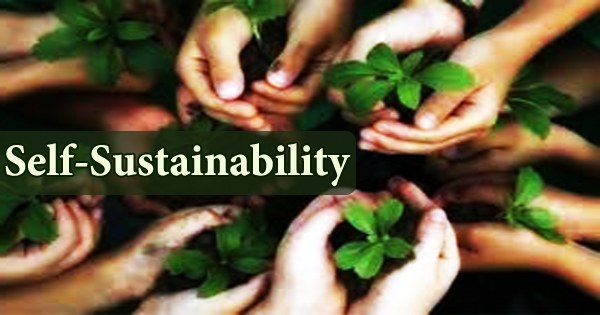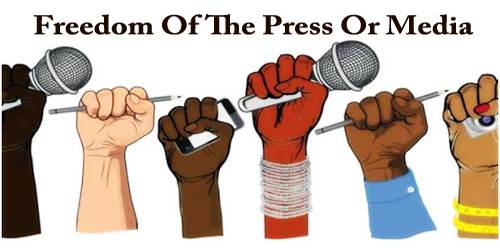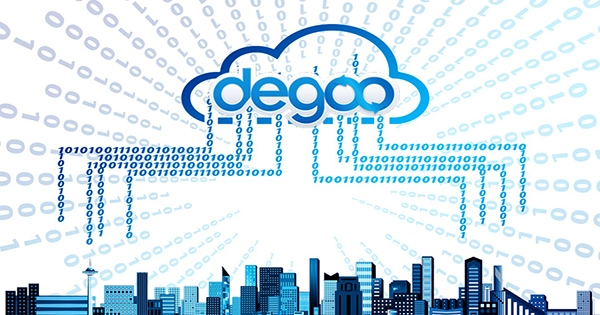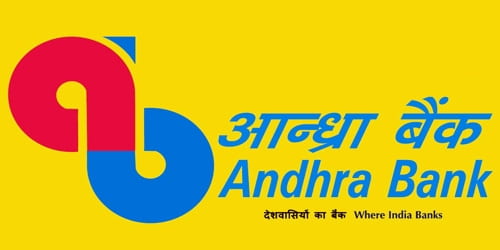Self-sustainability and self-sufficiency are two overlapping states of being in which a person or organization needs little or no outside assistance or contact. There are several issues that different communities throughout the world confront, including a lack of adequate drinking water, poverty, and climate change. The identification of these issues resulted in the establishment of a worldwide agenda for long-term development. The agenda aims to bring together the efforts of many development projects that are working on a solution (e.g. States, local governments, NGOs, universities, companies, citizens). Self-sustainability necessitates a greater awareness of our actions’ environmental, social, economic, and cultural consequences. Self-sustainability, if we call the notion of taking care of oneself in the short term self-sufficiency, is more of a long-term, multi-generational strategy of continuing to live a self-sufficient lifestyle. The development process must be equitable and long-term. As a result, development agents must be able to adjust the international agenda in a context-relevant and flexible manner without jeopardizing the international community’s objectives. Self-sufficiency means that one’s own self is sufficient (to meet one’s requirements), and a self-sustaining entity may do so eternally. These states denote various levels of individual or communal autonomy. Autarky refers to a self-sufficient economy that requires little or no commerce with the outside world. Every day, people are getting more interested in living a self-sufficient lifestyle. There are constantly fresh films of families who have opted to go off the grid and live a more self-sufficient lifestyle. Power supply, knowing how to harness the sun, wind, and water, sustainable house design, farming, permaculture, and aquaculture are all considerations that must be made. Self-sufficiency necessitates the discipline to acquire a wide range of methods that, in the end, make our lives simpler. Each development endeavor must be able to identify and use inputs that are appropriate for its circumstances while avoiding those that are not. It refers to their ability to carry out local initiatives in a way that is consistent with the demands of global sustainable development. Simple living, food storage, homesteading, off-the-grid, survivalism, DIY ethic, and the back-to-the-land movement are all examples of self-sufficiency in North America.
There are several advantages to living a self-sufficient and sustainable lifestyle. This entails having our own food and energy sources, as well as enhancing our health and fitness and achieving independence from market manipulation. People can also save money, cut utility costs, and protect themselves against inflation. Autonomous construction, permaculture, sustainable agriculture, and renewable energy are all practices that permit or help self-sustainability. Limited types of self-sustainability, such as growing one’s own food or being monetarily self-sufficient from government subsidies, are sometimes referred to as self-sustainability. The degree of grid independence of an electrical system is measured by the ratio between the quantity of locally produced energy that is used locally, either immediately or after storage, and the overall consumption. Self-sustainability is a notion that goes hand in hand with sustainability. It discusses development actors’ disputes and stresses the nature of their power relationships in terms of development:
- the development initiative’s position and impact within this relationship in order to identify what is relevant and successful in achieving its goal.
- its level of dependence on external actors and resources to achieve sustainable interventions.
If a system can maintain itself via its own efforts, it is self-sustaining (or self-sufficient). There are so many methods for living self-sufficiently that it would be difficult to discuss them all. Every day, new ones are created, and previous approaches are enhanced with fresh and inventive twists. One of the “ilities” is self-sustainability, which is strongly linked to sustainability and availability. Autarky is a term used in economics to describe a system that possesses the attribute of being self-sustaining. Giving up on one-size-fits-all solutions is a must for democratizing development ownership. It entails decentralizing power from individuals with financial resources, political clout, a monopoly on development rhetoric, and the ability to influence laws through lobbying. The primary idea is to develop an agricultural system that is self-sufficient, takes little to no maintenance, improves the soil, and generates a human-useable product (food, wood, fiber, animals). Agriculture in the traditional sense entails 10% planning and 90% labor. Permaculture entails 90% planning and intelligent design, 10% labor to implement the system, and then considerably less work in maintenance. This is the concept that an ecosystem will go through several stages of development and maturation. Appropriate approaches and treatments can help to speed up these changes. An employed adult in Idaho is deemed self-sufficient if the family income surpasses 200 percent of the Office of Management and Budget poverty income criteria, according to the state’s Department of Labor. While self-sustainability is a trait of independence, survivability refers to the capacity to preserve one’s self-sustainability and even one’s existence in the future. Many people assume that more self-sustainability means greater survivability. However, many others disagree, claiming that specialization and hence reliance, rather than self-sustainability, are necessary for survival. It is a question of both practicality and philosophy to improve the self-sustainability of development efforts. It improves their ability to implement more long-term development initiatives. More importantly, it acknowledges that individuals have the right to be treated with respect, to choose the life they want to live, and to be accountable for their choices. That is, they have the right and obligation to exercise their liberty. Commercial incentives are just as essential as self-sustainability among governments; autarky is inefficient. Social connections, as well as self-sustainability, have been found to be connected to happiness and success in people.














